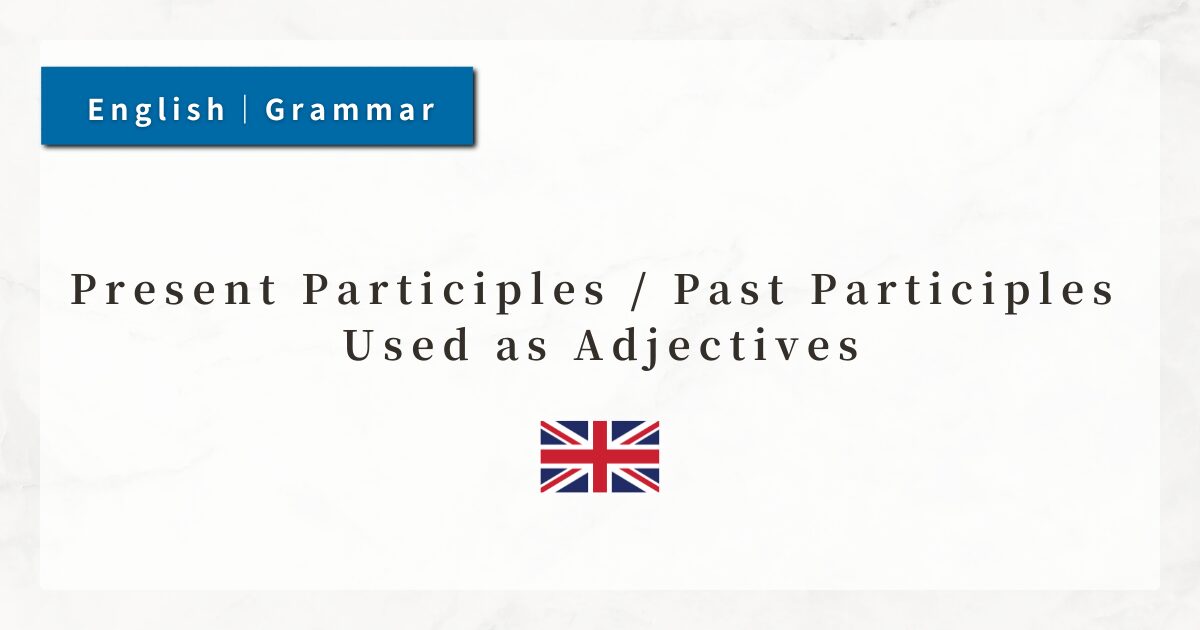#23 Future Tense Expressions|The Difference Between “will” and “be going to”

In English, when I want to express the future—such as “I will do,” “I intend to do,” or “It will happen”—I use either the modal verb “will” or the construction “be going to”.
Both forms indicate future events, but their usage, context, and nuance differ.
In this lesson, I will not only explain the grammatical structures of the future tense but also explore why each form is used and how to distinguish between them.
1. The Usage and Meaning of will
The modal verb will is placed directly after the subject and is a basic expression of the future meaning “will,” “shall,” or “intend to.” It is mainly used in the following three situations:
1-1. Immediate Decisions
Will is used when making a decision at the moment of speaking.
- A: I’m tired.
- B: I’ll make some tea.
Here, the speaker had not planned it in advance, but decided “I’ll do it now.”
1-2. Predictions About the Future
Will also expresses predictions based on personal opinion, intuition, or experience.
- I think it will snow tomorrow.
In this case, it is not based on a weather forecast but on the speaker’s own judgment, which is why will is used.
1-3. Intentions, Offers, and Promises
Will often indicates the speaker’s will or willingness to do something.
- Don’t worry. I’ll help you.
- I won’t be late.
Thus, will is suitable when the speaker voluntarily offers to take action.
2. The Usage and Meaning of be going to
The structure be going to is formed with “be + going to + base verb.”
It is used when referring to predetermined plans, intentions, or events that are clearly about to happen.
2-1. Planned Intentions or Arrangements
“Be going to” is used when the future event has already been planned or prepared in advance.
- I’m going to visit my grandmother next weekend.
This implies, “I had already decided on this before now.”
2-2. Evident Predictions
“Be going to” is also used when there is clear evidence in the present situation that something will happen.
- Look at those clouds. It’s going to rain.
Here, the visible signs (the clouds) provide objective evidence that rain is imminent.
3. The Difference Between will and be going to
The key points of distinction are summarized as follows:
| Category | will | be going to |
|---|---|---|
| Timing of Decision | Decided at the moment | Already planned or intended |
| Type of Prediction | Subjective prediction (opinion/intuition) | Objective prediction (based on evidence) |
| Common Contexts | Willingness, offers, promises, suggestions | Schedules, predetermined plans, signs of change |
- I’ll answer the phone.
→ A decision made at the moment. - I’m going to meet Tom at 6.
→ A prior arrangement.
4. Summary
- Will is used for intentions, immediate decisions, and subjective predictions. As a modal verb, it is placed before the main verb.
- “Be going to” is used for plans, arrangements, and events that are evidently about to happen. It takes the form “be + going to + base verb.”
- Although similar in meaning, the choice between them changes the nuance, reflecting the speaker’s intent and context.






